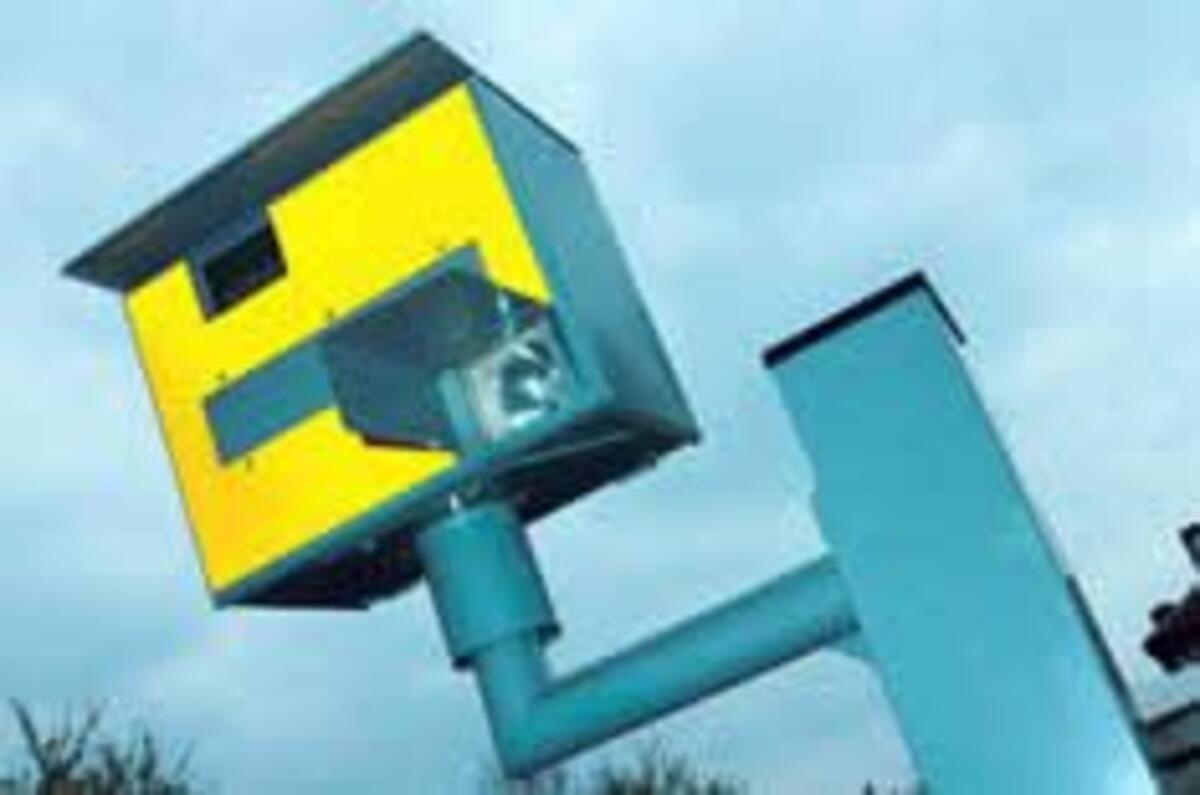Speed cameras do not save lives; the latest road casualty figures from the Department for Transport confirm it. Death rates on British roads climbed to a six-year high in 2003, topping 3500 fatalities for the first time since 1997.
A total of 3508 people were killed on the road last year, 77 more than the year before, despite the number of speed camera prosecutions rising by 479 per cent to 1.4m between 1996 and 2002.
There was some good news among the results: total road casualties fell by four per cent to 290,607; deaths and serious injuries involving children dropped by eight per cent; and the number of cyclists killed fell by 12 per cent.
However, there was a 14 per cent rise in deaths among motorbike and moped riders, and deaths among car users climbed by one per cent to 1769, according to the new figures released last week by the Department for Transport.
‘We need to reverse the 11 per cent decrease in traffic police since 1996, and launch national speed awareness courses to change driver behaviour,’ warned Edmund King, executive director of the RAC Foundation.
The RAC is Autocar’s partner in the Talking Sense on Speed campaign, which appears to be on the verge of a huge breakthrough.
The Association of Chief Police Officers has announced early plans for a national programme of speed awareness courses, something Autocar has been calling for since the second half of last year.
Although nobody at ACPO was able to comment on exactly how these courses will be implemented, the move is said to be ahead of the results of the DfT’s own investigation into the effectiveness of driver education.
‘This is a victory in our campaign,’ said King. ‘What we have said from the outset is that you should concentrate on education, not just prosecution – and it appears that they are listening.’




Add your comment